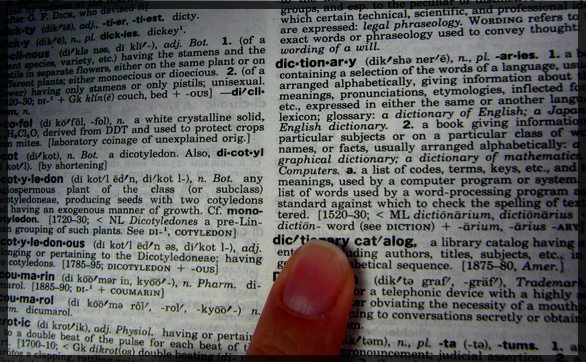The Pure SEO Team
The editorial team at Pure SEO is super proud of our content. Follow our official channels on social media.

Google’s Panda updates continue to shake search engine rankings in subtle and profound ways. Webmasters are still adapting to the changes, which are often not obvious.
If your page rank has mysteriously declined since the Panda updates despite your general adherence to design principles encouraged by Google, you may consider upgrading your spell checker, for example.
Matt Cutts earlier revealed in an interview that Google noticed a strong correlation between spelling quality and web site reputation significantly before the Panda upgrades were implemented.
Matt Cutts’ full quote is as follows:
“We noticed a while ago that, if you look at the page rank of a page — how reputable we think a particular page or site is — the ability to spell correlates relatively well with that. So, the reputable sites tend to spell better and the sites that are lower page rank, or very low page rank, tend not to spell as well.”
Cutts also mentioned that although spelling quality is not currently used as a “direct signal” to indicate a site’s quality, he endorses the idea of evaluating page rank in this way. On the other hand, he mentions that there are certain engineering challenges involved in identifying the difference between “good” and “bad” spelling.
Even though Panda doesn’t directly evaluate page rank using spelling quality in the manner Cutts would like, spelling does come into play in website evaluation.
In their 23 considerations for web-masters regarding Panda changes, Google encourages web-masters to ask themselves whether their content contains “spelling, stylistic, or factual errors.” This is the only time that spelling quality has been explicitly mentioned by Google as relating to page rank.
It appears briefly as a it relates to general content quality. Google also asks web-masters to ask themselves “How much quality control is done on content?” and “Was the article edited well, or does it appear sloppy or hastily produced?”

